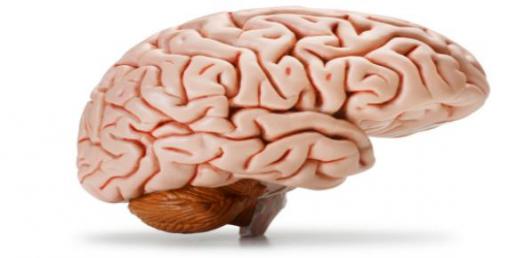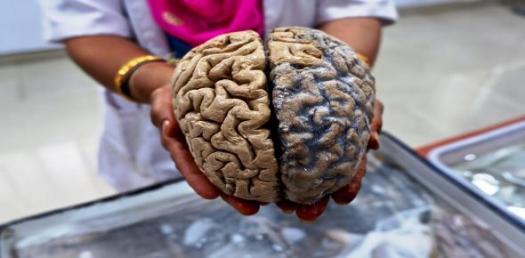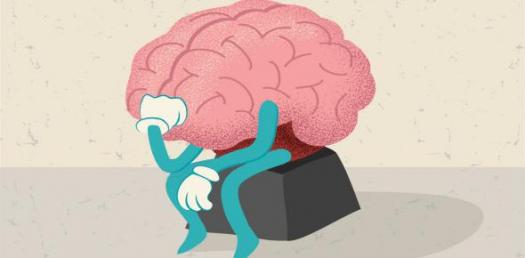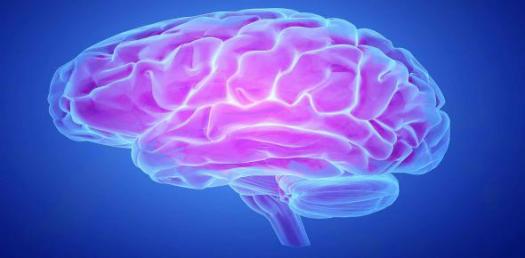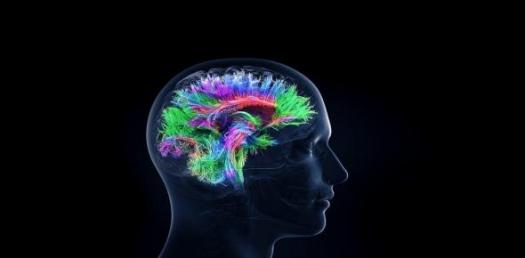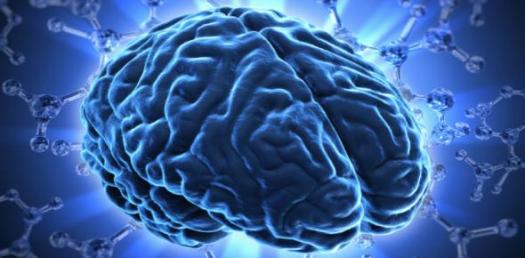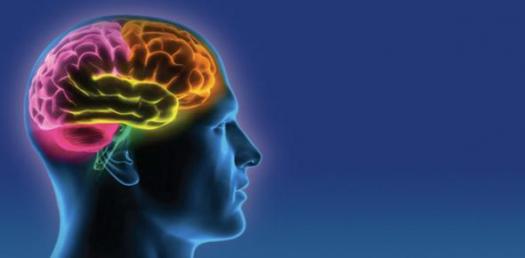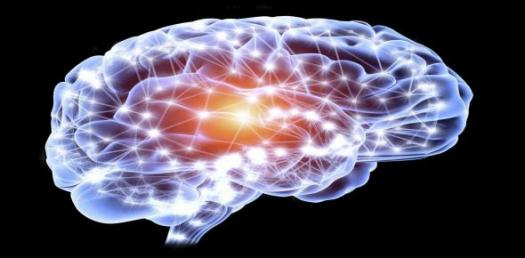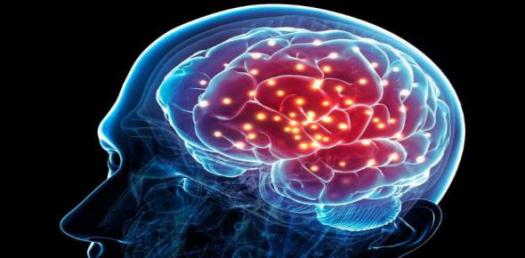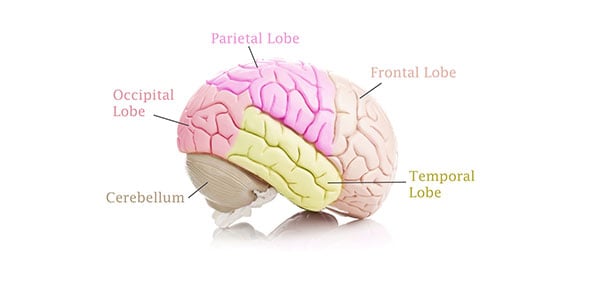Stages Of Child Brain Development! Trivia Facts Quiz
-
Which of these factors is very important before any stage of brain development?
-
Health
-
Experience
-
Education
-
Language
-
Children are usually not expected to grow in the twinkle of an eye. They are instead expected to go through certain stages of development. The brain is an important part of the child’s body that goes through certain stages. Take our quiz to test your knowledge on everything you know about the stages of child brain development.

Quiz Preview
- 2.
When does a child usually begin walking?
-
1 year
-
2 years
-
3 years
-
4 years
Correct Answer
A. 1 yearExplanation
Most children usually begin walking around the age of 1 year. This is considered a milestone in a child's development as they start to gain balance, strength, and coordination to take their first steps. However, it is important to note that the age at which a child begins walking can vary and some children may start walking earlier or later than 1 year.Rate this question:
-
- 3.
What is the command center of a child during a period of brain development?
-
The Brain
-
The Mind
-
The Heart
-
None of the above
Correct Answer
A. The BrainExplanation
The brain is the command center of a child during a period of brain development. It is responsible for processing information, controlling body functions, and coordinating various activities. The brain undergoes significant growth and development during childhood, with new neural connections being formed and existing connections strengthened. This period is crucial for learning, acquiring skills, and overall cognitive development. Therefore, the brain plays a central role in shaping a child's abilities, behaviors, and overall development during this period.Rate this question:
-
- 4.
Which of these are useful in the first stage of a child brain development?
-
Toys
-
Food
-
Love
-
All of the above
Correct Answer
A. All of the aboveExplanation
Toys, food, and love are all useful in the first stage of a child's brain development. Toys help stimulate the child's senses and encourage cognitive development. Proper nutrition through food is essential for brain growth and overall development. Love and affection from caregivers create a nurturing environment that promotes emotional and social development, which in turn supports cognitive development. Therefore, all of these factors play a crucial role in the early stages of a child's brain development.Rate this question:
-
- 5.
Which of the following refers to the motor skills of a child?
-
Confidence
-
Health
-
Speed
-
Language
Correct Answer
A. SpeedExplanation
Motor skills refer to the ability of a child to control and coordinate their muscles and movements. Speed is a motor skill that relates to how quickly a child can perform physical tasks or actions. It involves the ability to move rapidly and efficiently in activities such as running, jumping, or throwing. Speed is an important aspect of a child's physical development and is often assessed in terms of their agility, reaction time, and overall coordination.Rate this question:
-
- 6.
What is the average baby’s brain size in relation to the average adult brain?
-
Half
-
Quarter
-
Whole
-
None of the above
Correct Answer
A. QuarterExplanation
The average baby's brain size is approximately one-quarter the size of the average adult brain. As babies grow and develop, their brains undergo significant growth and expansion. By adulthood, the brain reaches its full size and continues to develop in terms of connectivity and complexity. Therefore, the correct answer is "Quarter."Rate this question:
-
- 7.
How old does a child usually begin making speeches?
-
1 year
-
2 years
-
3 years
-
4 years
Correct Answer
A. 2 yearsExplanation
Children usually begin making speeches around the age of 2 years. At this age, their language skills start developing rapidly, and they begin to form simple sentences and communicate their thoughts and needs more effectively. They may still struggle with pronunciation and grammar, but they are able to express themselves through words and gestures. By the age of 2, children typically have a vocabulary of several hundred words and can engage in basic conversations with others.Rate this question:
-
- 8.
How many percent of a child’s brain fully develops at Age 5?
-
50%
-
80%
-
90%
-
100%
Correct Answer
A. 90%Explanation
At the age of 5, a child's brain is approximately 90% developed. This means that most of the brain's structures and functions have already developed by this age. However, it is important to note that brain development continues throughout childhood and adolescence, with some areas of the brain continuing to develop well into early adulthood.Rate this question:
-
- 9.
What age does a child brain develop faster?
-
4 years
-
5 years
-
6 years
-
7 years
Correct Answer
A. 5 yearsExplanation
During the age of 5 years, a child's brain develops faster. This is because the brain goes through a period of rapid growth and development during early childhood. At this stage, the brain is highly plastic and capable of forming new connections and pathways. It is a critical period for cognitive, emotional, and social development. The brain's ability to learn and acquire new skills is at its peak during this time, making it an important stage for early education and stimulation.Rate this question:
-
- 10.
What skill is developed in the language stage?
-
Relationship
-
Experience
-
Education
-
All of the above
Correct Answer
A. RelationshipExplanation
The skill developed in the language stage is relationship building. This stage focuses on developing communication and social skills, which are essential for building and maintaining relationships with others. Through language development, individuals learn how to express themselves, understand others, and engage in meaningful interactions, all of which contribute to the development of relationships.Rate this question:
-
Quiz Review Timeline (Updated): Feb 28, 2023 +
Our quizzes are rigorously reviewed, monitored and continuously updated by our expert board to maintain accuracy, relevance, and timeliness.
-
Current Version
-
Feb 28, 2023Quiz Edited by
ProProfs Editorial Team -
Jun 19, 2019Quiz Created by
Gregorynaomi
Do You Have Basic Knowledge About Child Brain Development? Trivia Quiz
A child’s early life is that stage where important parts of the body goes through a rapid process of development, the brain inclusive.
Do you have basic knowledge on the...
Questions:
10 |
Attempts:
305 |
Last updated:
Feb 28, 2023
|
Child Brain Development! Trivia Questions Quiz
Since the brain is the seat of intelligence, learning and memory, it is an important par of the body that be well-developed to function maximally. A child is in his/her formative...
Questions:
10 |
Attempts:
582 |
Last updated:
Feb 28, 2023
|
Concepts Of Child Brain Development! Trivia Facts Quiz
A child goes through a normal stage of development in which the brain undergoes a process of change. The brain of a child is taken through several processes before it is regarded...
Questions:
10 |
Attempts:
219 |
Last updated:
Feb 28, 2023
|
Early Childhood Brain Development Trivia Questions Quiz
Childhood is the formative years when the biological changes that are responsible for the physical and personality features of an individual develop. Among the biological changes...
Questions:
10 |
Attempts:
274 |
Last updated:
Mar 22, 2023
|
Quiz Over Reproductive Endocrinologist
This is to test your understanding of the introduction to embryology of the brain section
Questions:
12 |
Attempts:
586 |
Last updated:
Mar 22, 2023
|
Brain Development, Did You Pay Attention?
The human brain begins forming very early in prenatal life but it is considered to be a lifelong process with no end. Some people believe that the brain is fully developed at...
Questions:
10 |
Attempts:
516 |
Last updated:
Mar 21, 2023
|
 Back to top
Back to top



